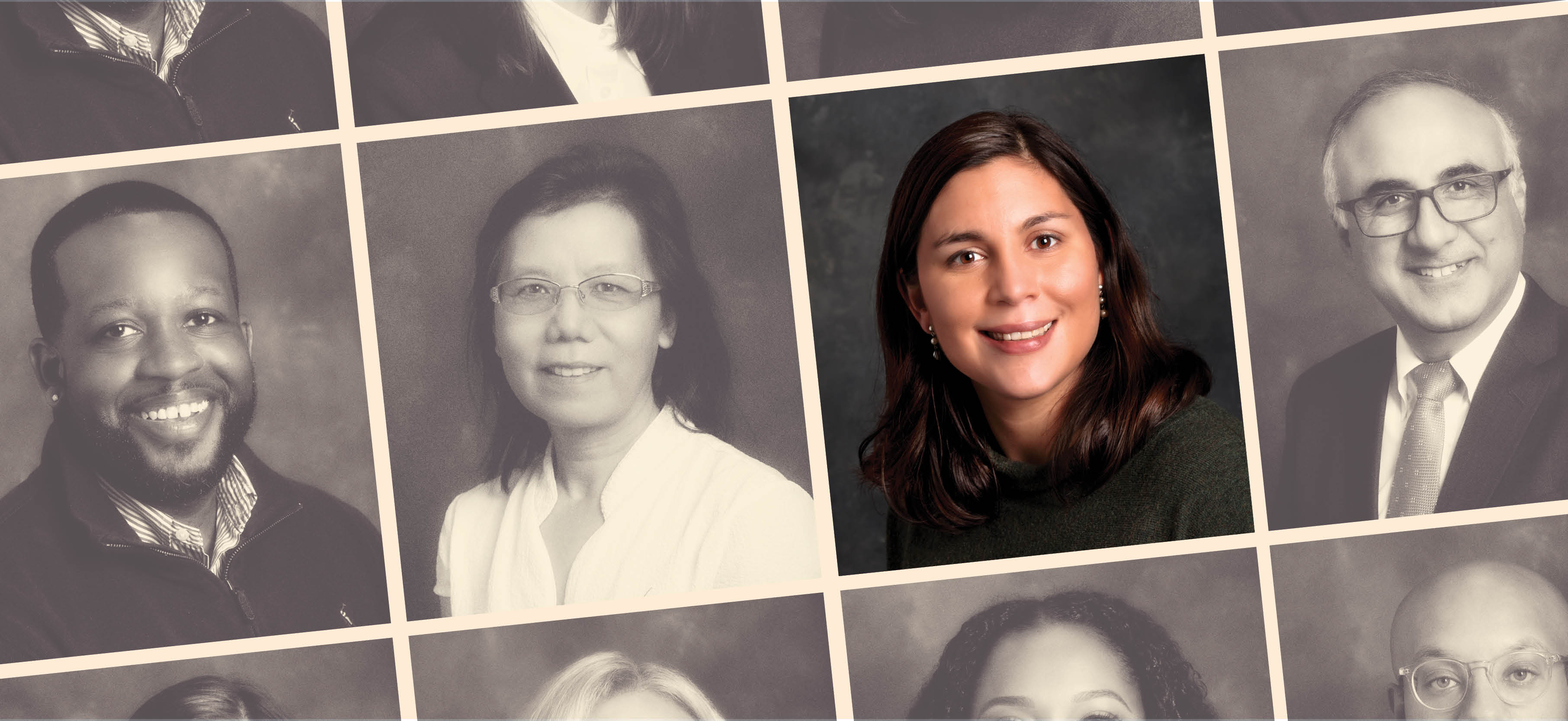
New faculty spotlight: Melissa Ellermann
Posted on: October 11, 2021; Updated on: October 11, 2021
By Chris Horn, chorn@sc.edu, 803-777-3681
Melissa Ellermann, an assistant professor of biological sciences in the College of Arts and Sciences, joined the university this past spring after completing a Ph.D. from the University of North Carolina and a post-doctoral fellowship at the University of Texas in Dallas. She began teaching right away while waiting for lab equipment delayed by the pandemic. Her research team includes two graduate students and several undergraduate volunteers.
How did you become interested in studying the microbiome — the microorganisms that live in our intestines?
When I started graduate school in 2009, the microbiome field was just starting to take off. I was initially interested in the disease side of things because one of the labs I rotated in was looking at how the microbiome affects risk for Crohn’s disease and inflammatory bowel disease. But there is so much more. I find incredibly fascinating this idea that all these trillions of microorganisms in our gut can affect so many different aspects of our bodies, whether its immune or neuro development. It’s been really cool to be in this field for the past 12 years and see all these new avenues of research take off.
What aspect of microbiome research are you focusing on?
I’ve been looking at endocannabinoids, the lipid hormones that our body produces that can regulate the ability of pathogens like salmonella or E. coli to cause disease. We’re trying to understand what those endocannabinoids do to the natural E. coil in our gut and also get a better understanding of lipid metabolism by bacteria. There’s a lot of interest in obesity and high-fat diets and the microbiome. If you change your diet, you’re also changing the food that your bacteria can consume, so the big question is what do those changes actually do to us? Are they adverse or beneficial or have no effect at all?
COVID changed your plans a bit for your first semester, right?
I was originally going to concentrate on setting up my lab in the spring and teaching my first courses in the fall, but I decided to do it the other way around when I realized how long my lab equipment was going to get delayed. I would have been just sitting in my lab waiting for things to arrive. I didn’t really have a functional lab until June, so it worked out great to teach advanced microbiology in the spring.
Did you feel ready to begin teaching right away?
Yes, I was lucky in that regard. When I was at UNC for my Ph.D., they had a two-year fellowship program to train grad students how to teach. I got the fellowship and was paired with a teaching mentor whom I shadowed in the classroom and had a lot of conversations with about teaching philosophies. In particular, she helped me to understand the difference between passive learning versus active learning and shared strategies for incorporating active learning into the classroom. My philosophy is to disincentivize the whole ‘memorize and purge’ approach to studying for an exam. My goal is for students to take the information I teach them about microbiology and apply that to new problems — that’s the process of science. It’s discovery, it’s engaging, it’s taking what you know and using the information to come up with new questions and new strategies to solve problems.
Any new courses you’d like to develop?
My goal is to continue to teach the advanced microbiology course, but I also want to develop an advanced microbiome course for senior undergraduates and graduate students. We would concentrate on learning how to do a focused reading of the current literature on the microbiome and discuss scientific papers on the topic.